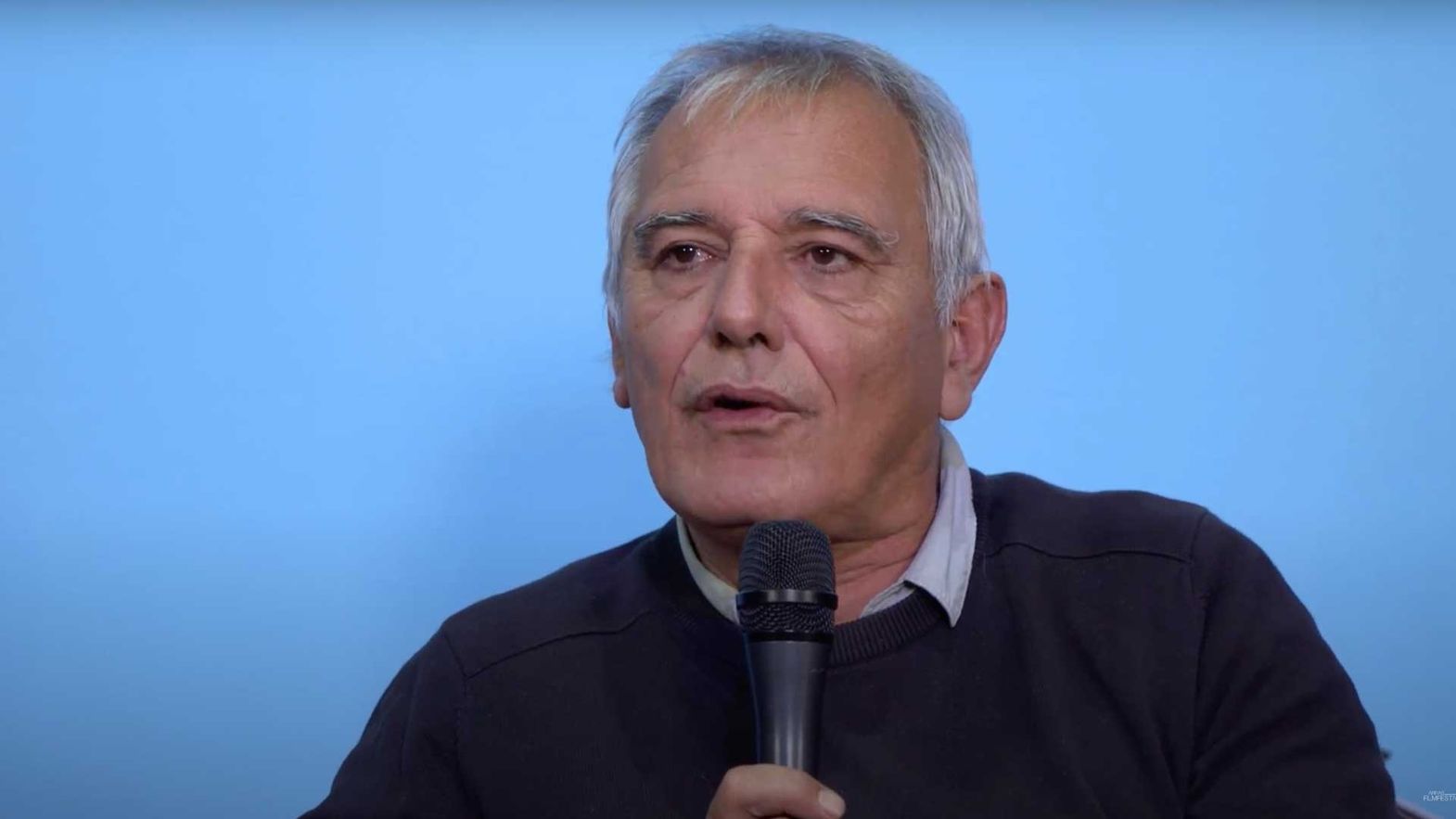 ©Courtesy of Arras Film Festival
©Courtesy of Arras Film Festival
Cinema is an invention of the future. This phrase could summarize the positive tension that has always moved the cinema of Laurent Cantet, the French auteur whose films, more than any other, have forged a path - with political militancy - along an existential journey. Thus Cantet's work has suggested, with each new film, a new way of making cinema. Transforming with the times in which they were produced, Cantet's films were always careful to decouple the storytelling from that of the "victors" by putting the viewers' own awareness at the center of his thinking about cinema.
He got the Palme d'Or by tearing down the linguistic and social walls of a French school with The Class ( Entre les murs, 2008), but his journey had begun much earlier when he made his mark with his second short film Jeux de plage (1995) at Locarno, in the short film section Pardi di Domani, which signaled him as the signature storyteller of the difficult relationship between fathers and sons and the incommunicability between generations with distant social experiences. This was a central theme in Human Resources (1999), a debut feature of rare vigor, which staged the separation between a working-class father and his son, who returns to the factory in which his father works as a trainee manager, and becomes complicit in a new way of thinking about work and men's time. And it is precisely the insight of a time marked by the forces of capital - incapable of becoming truly free time, only another prison - that underlies his reinterpretation of the famous case of Jean-Claude Romand in Time Out ( L'Emploi du temps, 2001): a film that is a true counterpoint to Carrère's novel The Adversary, based on the same case. From that point on, Cantet's career unfolded in more fluid, unclassifiable works, in which the protagonists' grasps of consciousness are either as liquid as dreams or are subject to being suddenly shattered, whether the sulfurous proto-feminists of Foxfire: Confessions of a Girl Gang (2012) or the weary revolutionaries of Return to Ithaca (2014).
Leaving us prematurely at only 63, Cantet will retain his place in the history of cinema thanks to an ability to undermine the idea of artifactual storytelling, as happens in one of his last films The Workshop (2017), a beautiful testament to the meaning of political engagement in art in times as confusing as those we're still living through.
Daniela Persico, Member of the Selection Committee of the Locarno Film Festival
Laurent Cantet gave expression to a humanist and committed cinema that succeeded at a time in history when the culture wanted entertainment at all costs. Cantet was generous and always ready to encourage young talent. He knew how to listen and weighed words with care. He left us too soon, but he still leaves us a valuable body of work that will inspire other talents to pick up a camera and start filming the world anew.